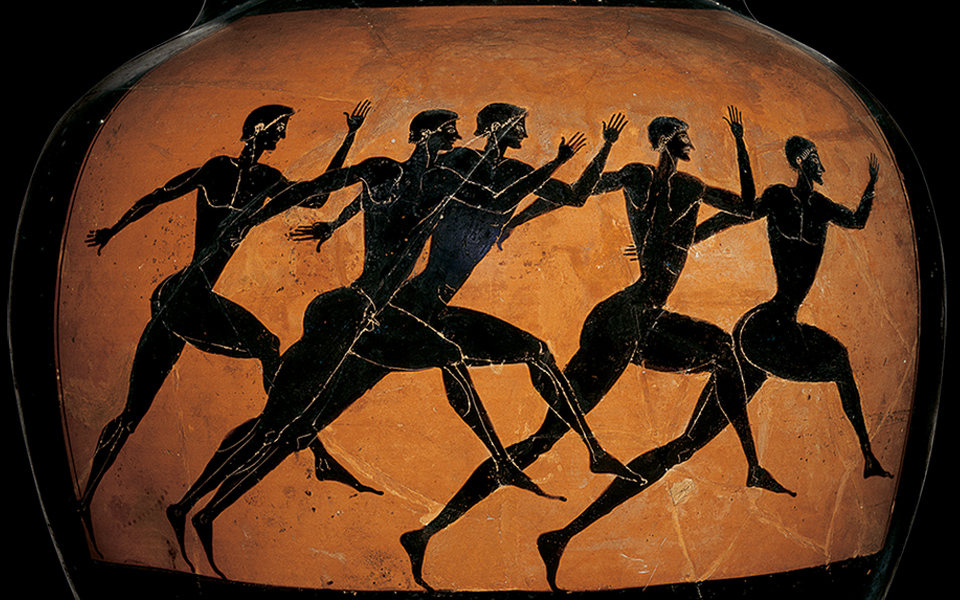
There are at least two different ways of looking at physical exercise: there are people who exercise to improve their health and to feel better, and there are others who exercise to impress others or to satisfy negative feelings such as vanity. These views vary further depending on how we perceive the purpose of such physical activity.
Stoics have also thought about physical exercise. Their attitude towards the body and exercise can be somewhat ambivalent as a result of the differing perspectives people hold. If we observe Stoic metaphysics, then the body doesn’t carry much value as it is composed out of matter that will ultimately disintegrate into pure atoms and be swallowed by the universe anyway.
However, in this article, we will concern ourselves with everyday life and the importance of physical exercise in relation to Stoic ethics. instead of dwelling in the metaphysical realm. On this matter, I will consult some of the great Stoic philosophers and their opinion on the purpose of exercise.
A Stoic’s View on Exercise
Stoics believed that our being is composed out of the soul (mind) and body. They emphasized the mind much more, but they also considered the body important because it is a vessel in which the mind resides, and if the vessel becomes ill or weak, then the soul will also suffer the consequences.
In Letter XV of The Moral Letters of Seneca to Lucius, Seneca gives his views on physical exercise. He discusses the importance of maintaining good physical health, but emphasizes that the health of our mind should come first. Exercise, when its purpose is to enlarge our vanity, is not considered to be a worthwhile form of exercise, because the mind will lose its importance in the process. Physical practice that merely feeds our vanity consumes too much time, which could be spent on other activities that are considered to be more important. Seneca believes our daily physical exercise should be short, simple and straightforward, such as running or swinging weights.
“But whatever you do, return from body to mind very soon.”
Seneca
The Purpose of Exercise
The point of exercise can vary depending on our character and education. If you only want to impress someone, then exercise – according to Stoics – is a pointless waste of time that will also damage your mind. In addition, it will avert your focus from your inner being towards the outer, which is not within our reach.
Physical exercise should be about self-mastery and the promotion of a healthy mind and body. Exercise is particularly useful for self-mastery, because anyone who exercises regularly knows that some days you just don’t want to do it, but if you can train yourself to stick to an exercise regimen, then that kind of self-discipline will carry over into other aspects of your life.
Stress is one of the most common rivals to internal solidity and tranquility. It can move us to do or say things we normally wouldn’t. It can lead us to forsake the truly important things in life, and it leads us further from our internal selves. Exercise can help us to free ourselves from stress, because after exercise we are able to look at things more objectively, which is the main quality of a strong and nourished mind.
Another enemy to internal peace is laziness, which often follows from stress. On this matter, Marcus Aurelius’ work Meditations is highly relevant. He tells himself how he shouldn’t stay in bed for too long, because it will make his mind slow and lazy. Exercise, or even simple activities and movement, achieves the exact opposite of this. The simple act of getting out of bed early is good for your physical and mental health, because it activates your mind.
This is exactly what Stoics want: the harmony and tranquility of the mind and body. Therefore, exercise is a highly worthwhile endeavour in the Stoic perspective, so long as your motives are of the mind, and not an attempt to vainly improve your appearance.










